On March 24, the Japanese government released figures showing that the core consumer price index (CPI) in February increased by 3.1%, which is a slight decrease from a four-decade high thanks to government subsidies on the prices of basic goods.
However, food prices are still rising, which could affect household spending attitudes.
Inflation has slowed in Japan for the first time in 13 months, but it remains above the Bank of Japan's (BOJ) 2% target for nearly a year, meaning the central bank will continue to face pressure to withdraw its monetary stimulus when a new governor takes office in April.
The core CPI, which excludes volatile fresh goods, would have risen about 4.2 percent in February if the government had not subsidized electricity and gas prices, according to the Ministry of Internal Affairs and Communications.
The index rose 4.2% in January 2023, the strongest increase since 1981, reflecting Japan's sensitivity to energy and commodity prices, while the weaker yen further increased import costs.
Japanese households are increasingly vulnerable to rising food prices as companies continue to pass on higher input costs to consumers. Strong wage increases to keep up with inflation are crucial to boosting domestic demand.
Food prices rose 7.8%, the most in nearly 47 years, and higher fuel and transport costs made everything from hamburgers to chocolate more expensive. Meanwhile, egg prices jumped 19.9% on supply concerns related to bird flu.
To deal with inflation, the Japanese government recently drafted a new anti-inflation package worth up to 2,000 billion yen ($15 billion), including cash support for low-income families.
The money will be drawn from the reserve fund in the fiscal 2023 budget, which starts on April 1. As part of the package, the Japanese government will provide direct cash subsidies of 30,000 yen per household to low-income households and 50,000 yen per child to low-income households. The government will also help households ease the burden of liquefied petroleum gas costs amid sharp increases in fuel prices in the country.
Yuichi Kodama, chief economist at Meiji Yasuda Research Institute, predicts that food prices will continue to rise in the coming months, inflationary pressures will remain high, but wages will also rise, supporting consumption. According to him, the difficult period will last until summer, after which inflation will decline because the rise in crude oil prices and the depreciation of the yen have stopped, while food prices will stabilize.
The BOJ said the rise in inflation was temporary, as it was driven by rising import costs. It forecast core CPI would be below its 2% target this year. The BOJ aims for stable inflation coupled with strong wage growth.
Minh Hoa (t/h according to Vietnam+, Hanoi Moi)
Source


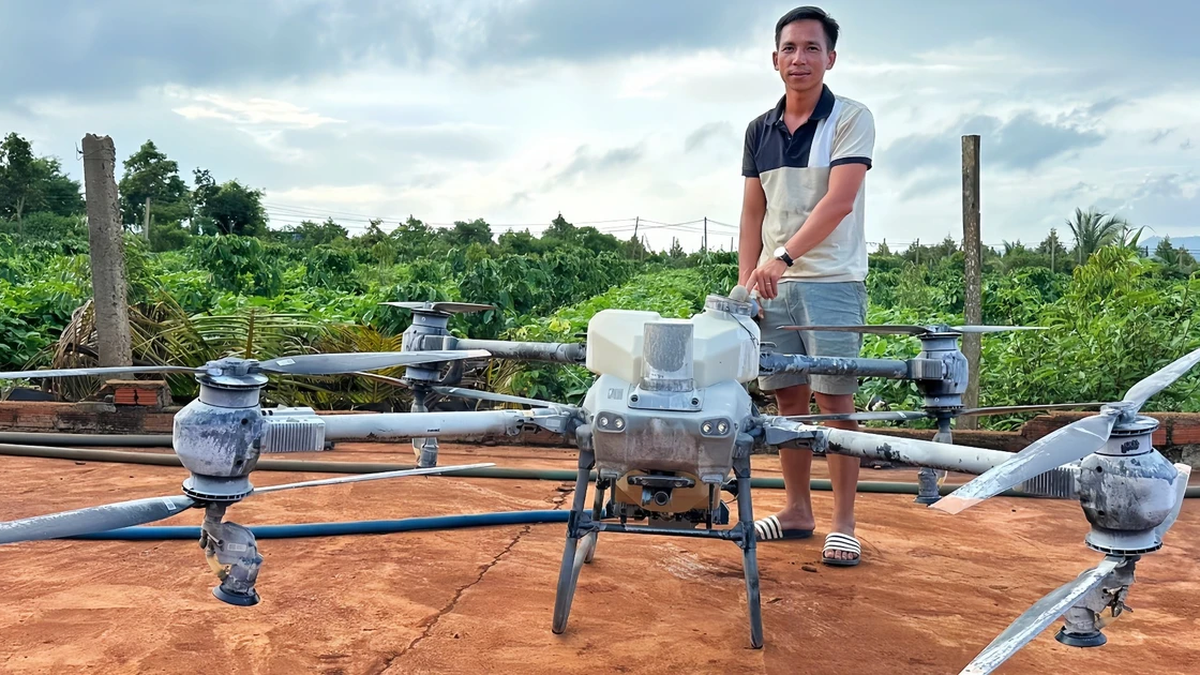
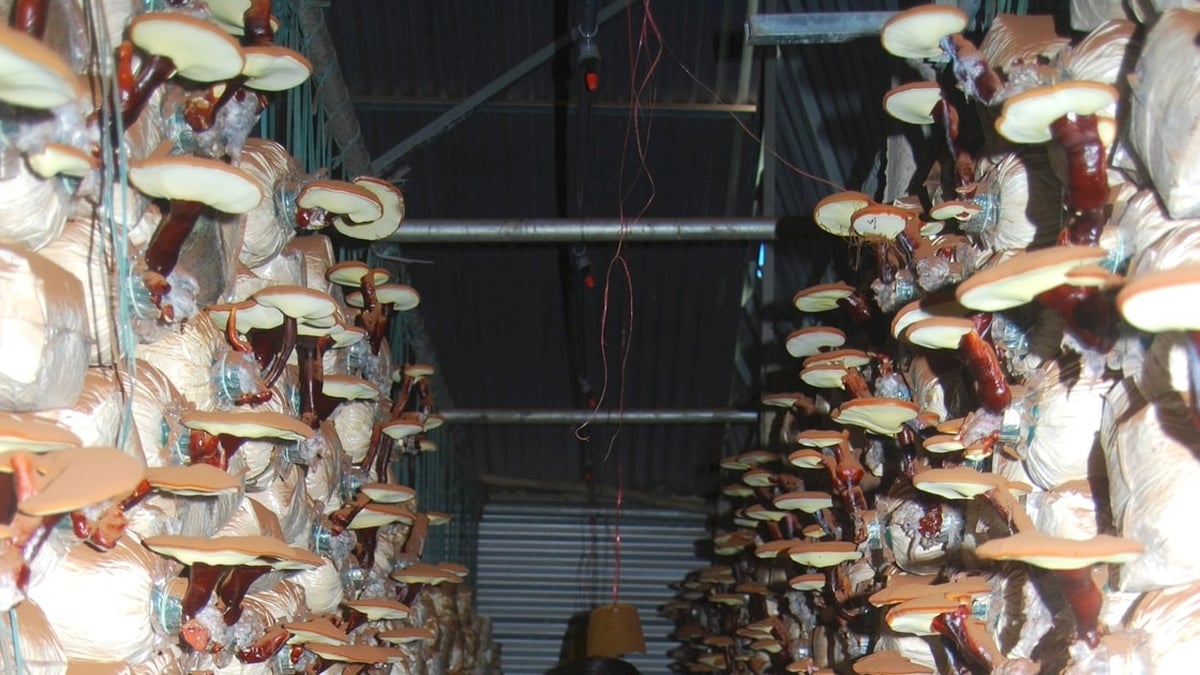
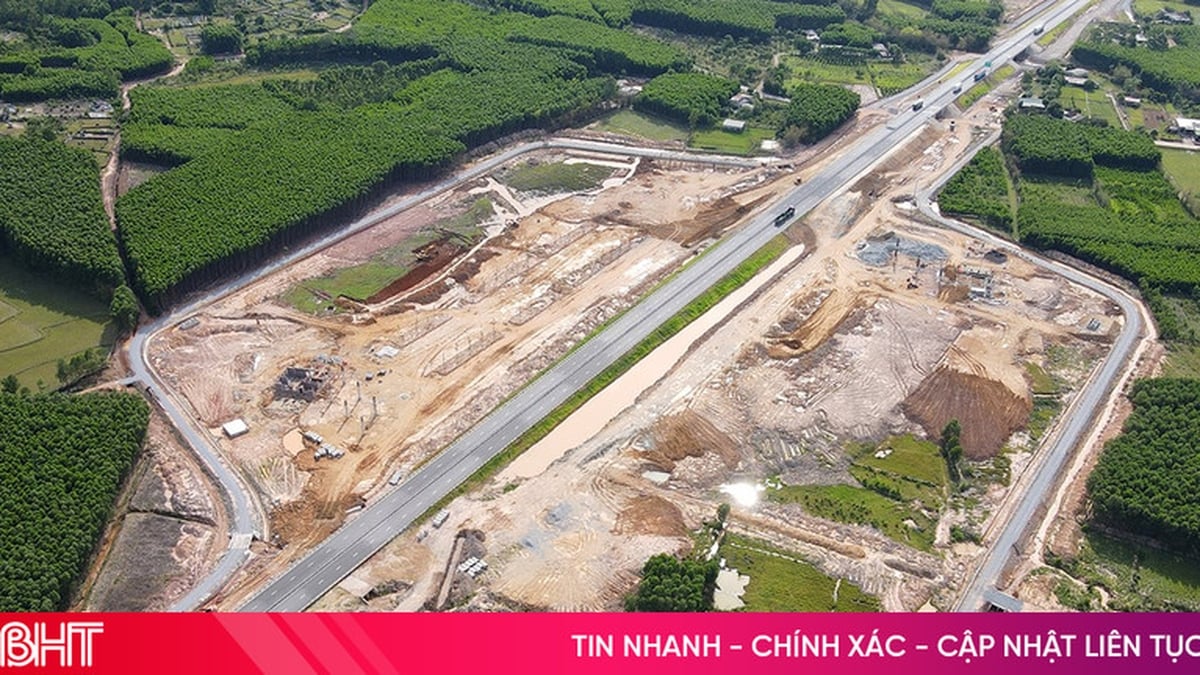
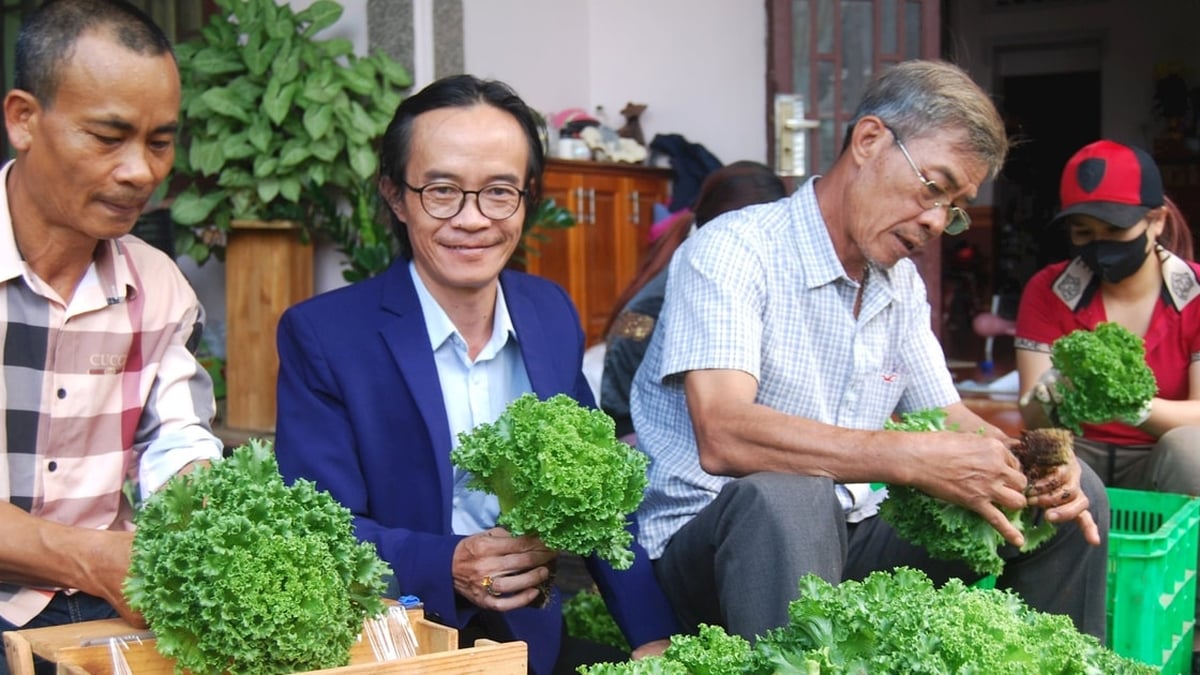

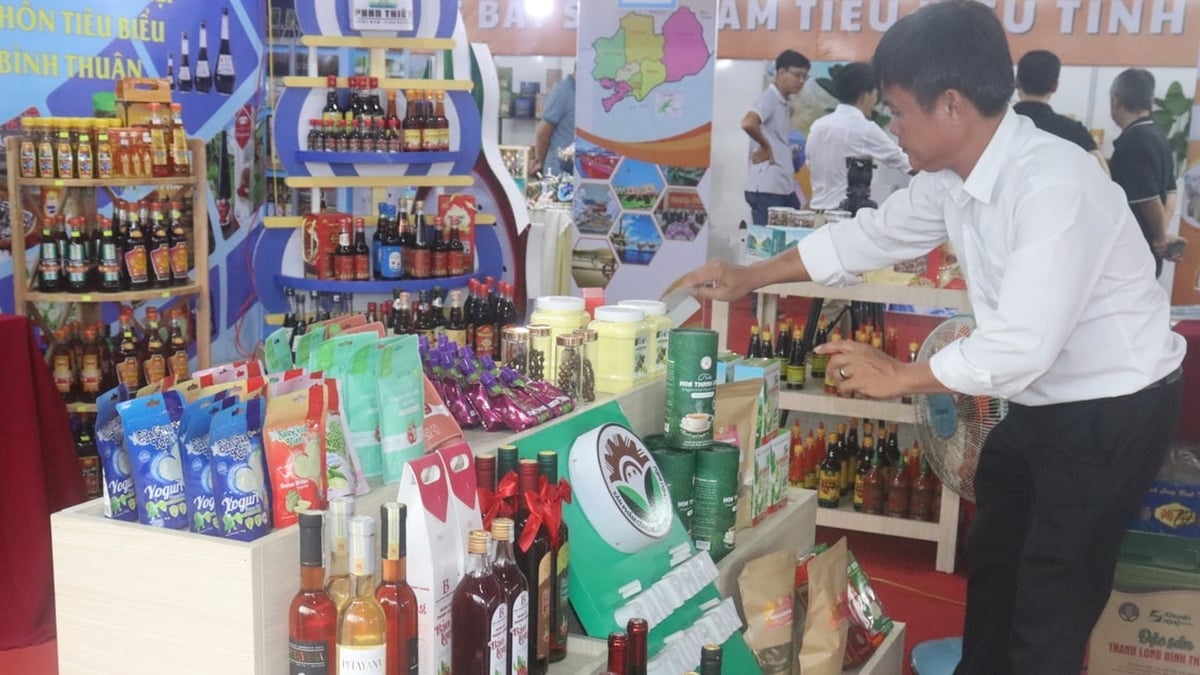
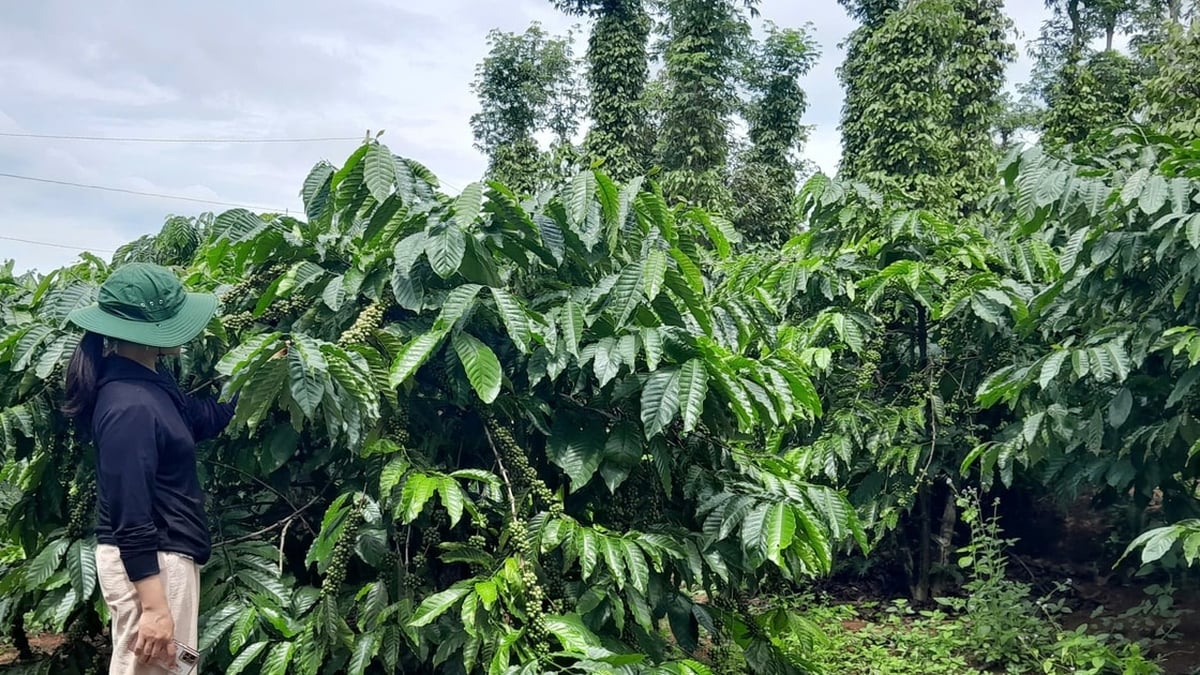


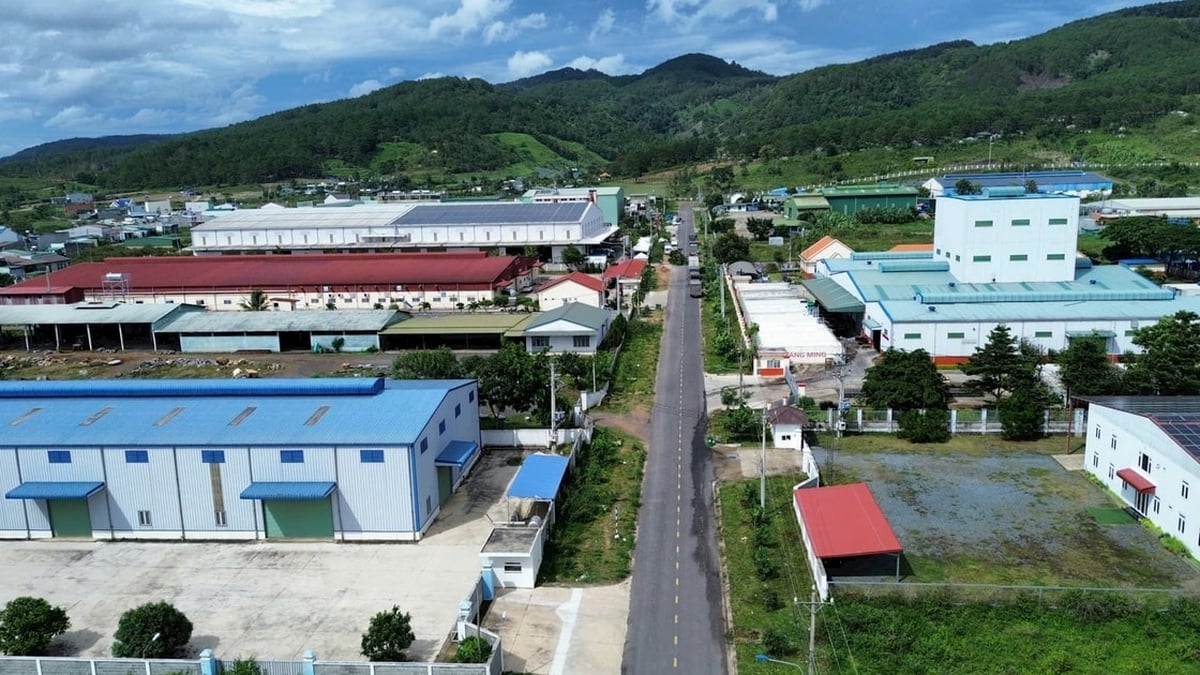












































![[Maritime News] Container shipping faces overcapacity that will last until 2028](https://vphoto.vietnam.vn/thumb/402x226/vietnam/resource/IMAGE/2025/7/30/6d35cbc6b0f643fd97f8aa2e9bc87aea)












































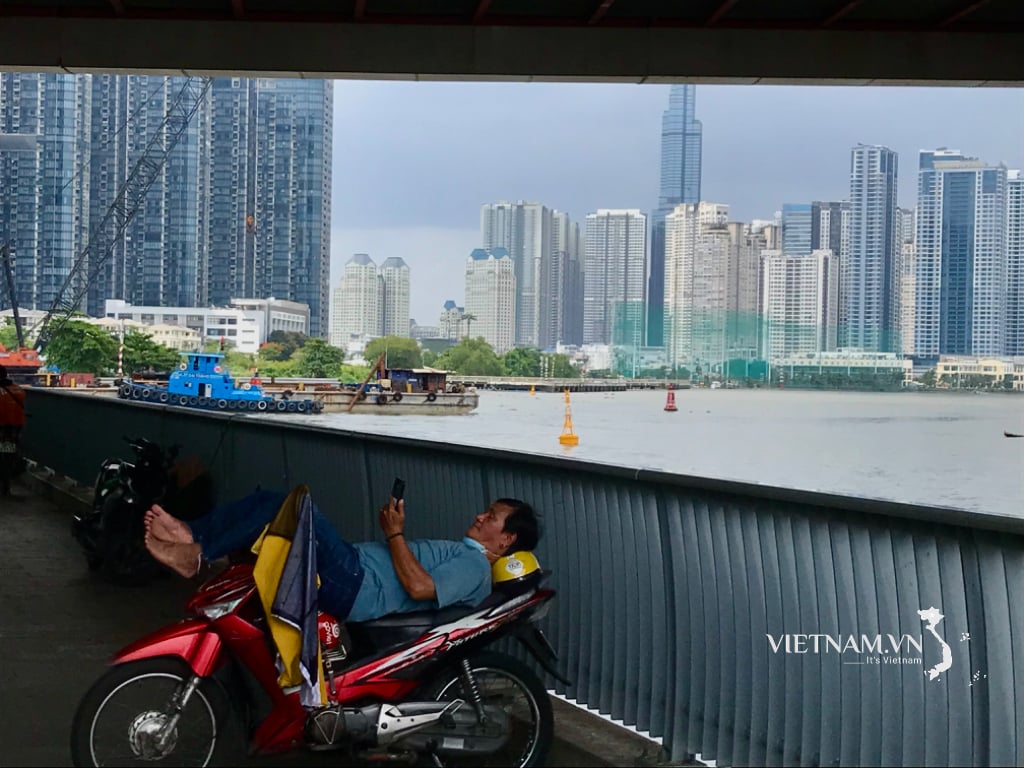
Comment (0)